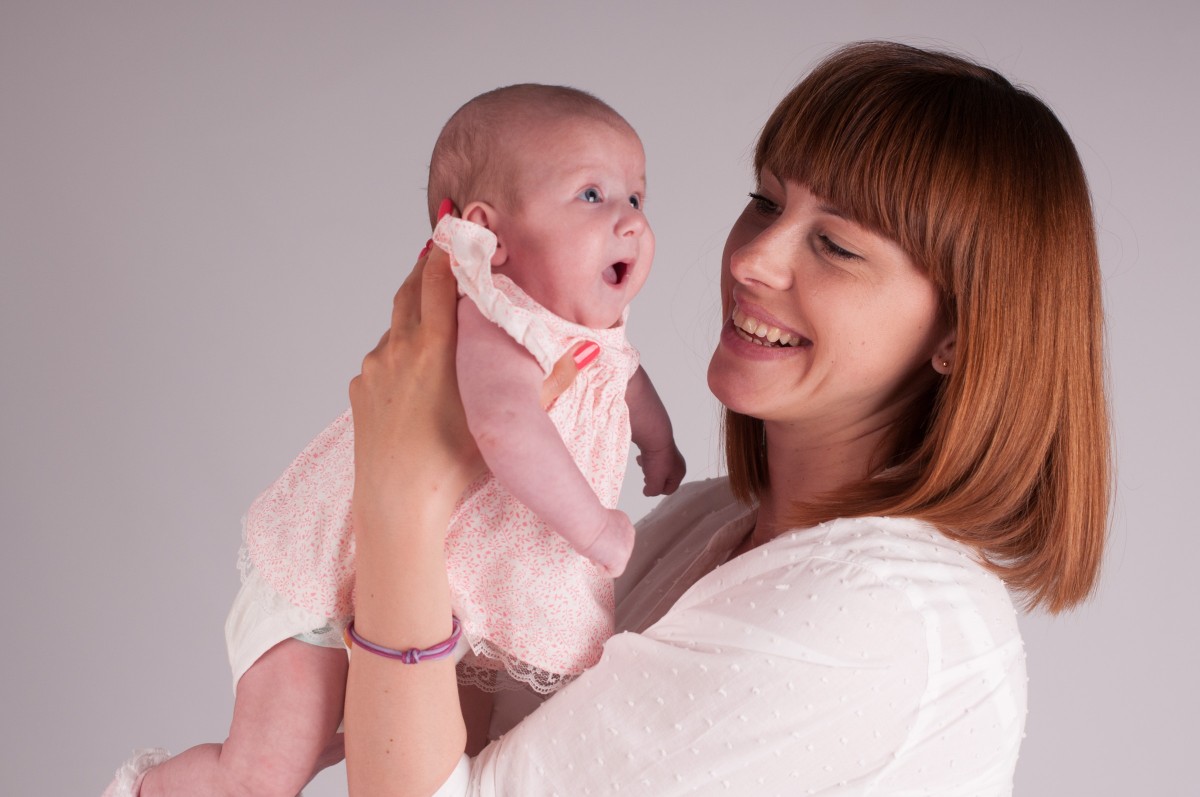For many couples, the decision to work with a surrogate mother is taken out of a desire to reduce risk. For example, some women in relationships may have health problems, such as endometriosis or a heart condition, that would put both themselves and a growing baby at serious risk should they attempt a pregnancy. However, seeking out a surrogate mother means that the medical risks to the woman in a couple are now eliminated.
But does this mean that all risks have been eliminated? As with anything, the answer is “no,” meaning a different set of risks must be considered. However, risk can always be mitigated if the risk is taken seriously and the right approach is used. Some of the risks that hopeful parents face when considering the route of surrogate motherhood are:
Health Costs
There is no such thing as a 100% guarantee. Even a woman deemed suitable for pregnancy on early medical examination can sometimes be at risk and require additional medical care. Sometimes, this results from random chance, such as getting involved in a traffic accident. Other times, it may be a lifestyle choice, such as risking a child’s health through drug or alcohol consumption. Even contracting an illness unexpectedly due to an epidemic in the area can put both a surrogate mother and the unborn baby at risk depending on the nature of the disease.
Carefully assessing surrogate mothers to find a suitable candidate with a health-conscious lifestyle and ensuring regular medical evaluation and support reduces these risks.
Legal Custody
Another area where there can sometimes be problems is a child’s legally designated parent or guardian. There have been tragic cases in American legal history where surrogate mothers have had a change of heart during or after pregnancy. They decide to keep the child and raise them as their own. In countries, or even individual states or provinces within a country, where there is no set legal precedent for surrogate custody laws, these decisions can turn into complex legal disputes with no certain outcome.
The best way to mitigate this risk entirely is to ensure that your surrogate parental rights are clearly laid out. For example, in Eastern Europe, Georgia has worked surrogacy custody laws into its constitution. As long as the proper legal procedure is observed, any child born to intended parents has those intended parents as their legal guardians and is awarded custody.
Hereditary Disorders
A very real risk that some hopeful parents encounter when considering surrogacy is the same risk they face through traditional pregnancy: the transmission of a hereditary disorder. If one or both parents have a family medical history with a genetic disorder, and they choose to donate sperm for traditional surrogacy or egg and sperm for gestational surrogacy involving in vitro fertilization, this is always a chance that these hereditary diseases will be passed onto the child.
Preimplantation genetic diagnosis is one way to eliminate this risk. It is a technique where multiple eggs are fertilized and then analyzed. Any eggs that show the genetic markers for a disease as present is not used for in vitro fertilization, ensuring that the baby that develops is free from any family medical conditions.
For interested couples, these are some of the surrogacy and medical facilities in Georgia that can be used to reduce these risks for your surrogacy journey.
GGRC Clinic
The GGRC clinic has specialized surrogacy support, especially in the early phases, such as helping a couple find suitable surrogate mothers. This clinic is recommended for couples that want to ensure the best start with a surrogate partnership. They can also assist with legal issues stemming from citizenship if these are concerns for returning parents.
Zhordania IVF Center
The Zhordania center in Georgia’s capital of Tbilisi specializes in In Vitro Fertilization procedures with extensive lab and personnel expertise. If a hopeful family wishes to use donated eggs, the samples may be taken from the hopeful mother herself. If the eggs are already in cryogenic storage elsewhere, due to removal and preservation after a hysterectomy, they can also be safely transported to the center and used for implantation.
Chachava Medical Center
Chachava Medical Center is one of the older medical facilities in the city of Tbilisi. They have served the capital city for over a hundred years. In 1875, they opened their doors to all Georgian patients. Today, however, it now hosts patients from around the world. It Offers full support for surrogacy and obstetric and gynecological-related medical needs.
Inova IVF Center
The Inova IVF center is new to the Tibilisi medical community, only beginning operations in 2015. Like Zhordania IVF Center, it offers the IVF procedure for hopeful couples wanting gestational surrogacy. This facility also provides the Preimplantation Genetic Diagnosis service if couples have any concerns with hereditary disorders that they would like to ensure are not passed onto their child if these conditions are present in either family line.


